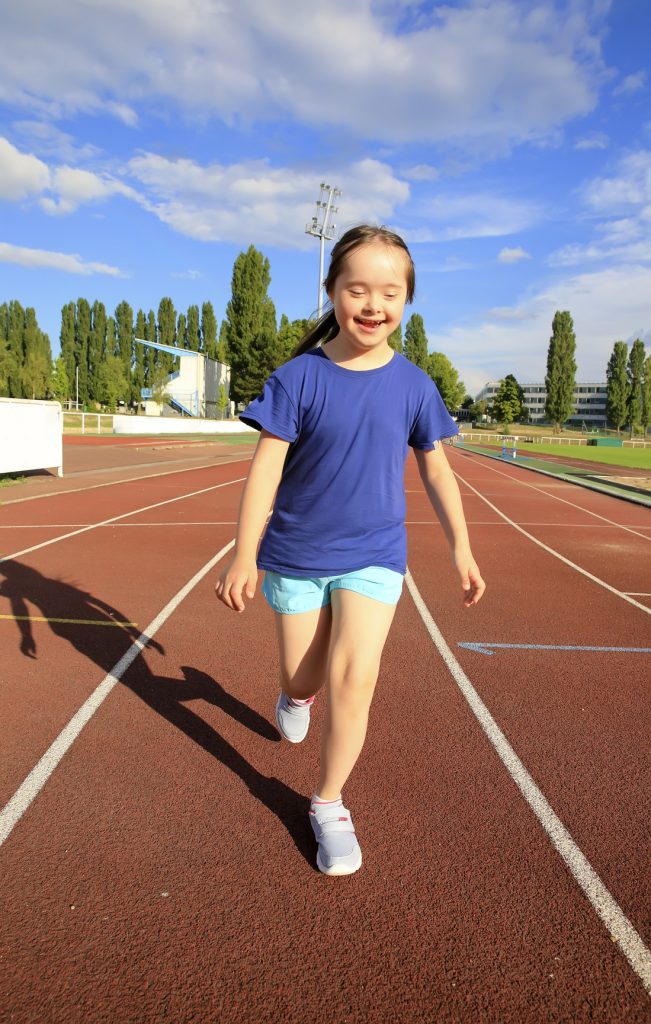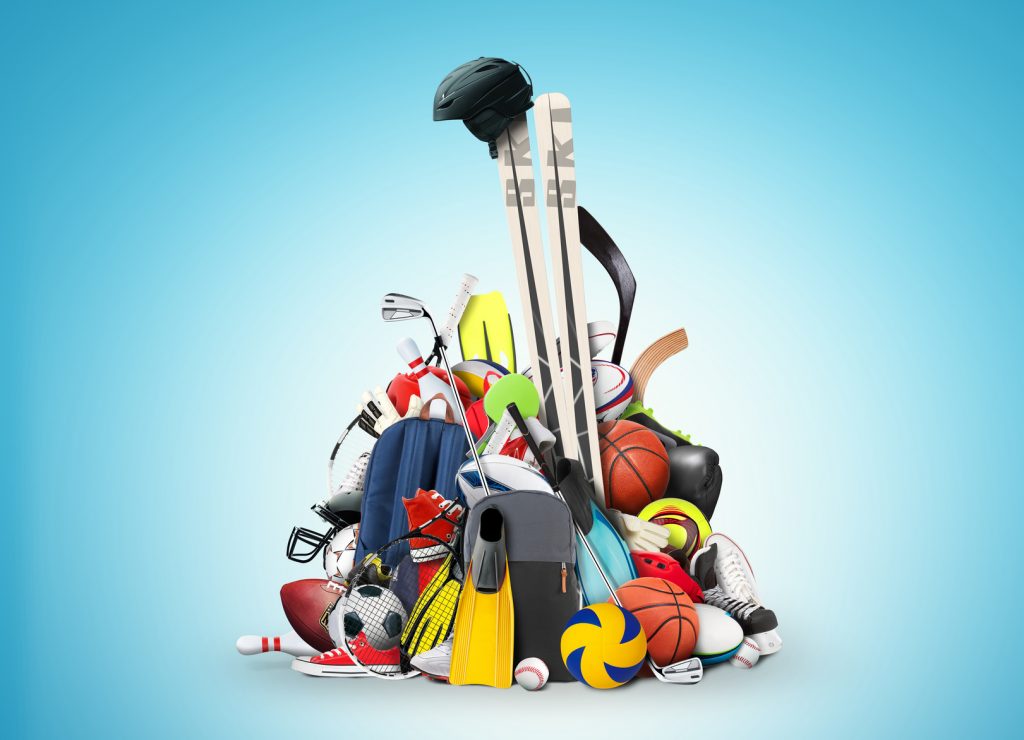FTPSC WG Women Sport Recommendations
This week a recommendation report from the Federal-Provincial/Territorial (F-P/T) Sport Committee’s Work Group on Women and Girls in Sport was released, aimed at increasing the participation and leadership of women and girls in all aspects of sport. The report outlines an ultimate vision for women and girls in sport, details strategic outcomes that must be…
Coming of Age With Relative Age Research: Origins, Consequences, and Potential Solutions
On October 17, 2018, Relative Age Effects: An International Conference was hosted at York University where leading international scholars gathered to discuss the implications of athletes’ dates of birth on sport, health, and education. This article highlights the history of the phenomenon known as the “relative age effect” as well as its impact on sport,…
Changing the Culture of Hazing in Canada

Allegations emerging in media reports from Toronto’s St. Michael’s College in the fall of 2018 have made hazing top of mind for athletic staff at Canada’s secondary and post-secondary education institutions. Unfortunately, it is not an isolated event. Reports of hazing have emerged from a number of Canadian institutions in the past decade, including Laurentian…
Tips for Inclusive Programs for Persons with Disabilities

December 3, 2018 is International Day of Persons with Disabilities. This year’s theme is “Empowering People with Disabilities and Ensuring Inclusiveness and Equality”. Here in Canada, we have reason to celebrate. The Honourable Carla Qualtrough, Minister of Public Services and Procurement and Accessibility, is shepherding Bill C-81, the Accessible Canada Act, through its parliamentary process….
Promising practices to support multi-sport programming

When kids specialize early in one sport or activity, it doesn’t guarantee they will be successful athletes in the long term (Malina 2010). To the contrary, research has revealed that they tend to get injured more frequently, burnout, and quit (Jayanthi et al. 2013, Jayanthi et al. 2015, Fraser-Thomas et al. 2005). This is why…
Taking Athlete Development to a New Level: Understanding the Value of a Trauma-Informed Approach
Increasing attention in research and practice has focused on the physical and psychological impacts of trauma and violence, for example from living in conflict zones or experiencing family violence. In North America, such work has led to an increased understanding of the prevalence and impact of adverse childhood experiences (ACEs). These include childhood physical, sexual…
Issues in Athlete Identification and Selection: Are We Compromising Talent?
Despite some important ethical and developmental concerns, early identification and selection is the modus operandi of high performance sport. Most sport systems internationally have limited resources for high performance athlete development and, as a result, have to make predictions about who has the greatest likelihood of future success. Notions of talent also play critical roles…
Tips on How to Deliver a Quality Youth Sport Program

This is the first blog in a series on positive youth development in sport. If this is your first visit to this series, considering taking a few minutes to read the other two posts: Teaching Life Skills Through Sport and Supporting the Transfer and Application of Life Skills Beyond Sport. Many individuals and organizations have…
Marginal Gains Reconsidered: How Sport Organizations Hold the Key to Boosting Sport Performance
The “aggregation of marginal gains” has become such a catchphrase that people have stopped questioning what it means. Science is meant to question, not to follow, and to look for the truth where it otherwise might be missed. What are “marginal gains”, really? Why have we been trained to look for them? How do they…
Fostering Leadership in Youth Sport through a Tri-Level Mentoring Model
Many coaches in youth sport understand the positive benefits of sport participation, in helping youth adopt social relationships, perseverance, and building life skills. However, it isn’t enough to simply thrust a child into sport and hope they develop character. It is necessary for coaches to provide intentional opportunities for youth engagement and empowerment to help…